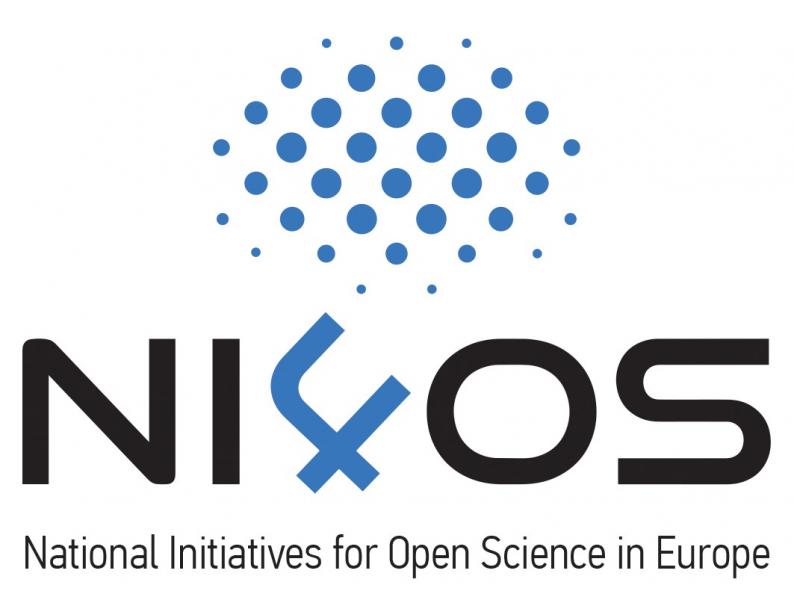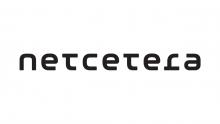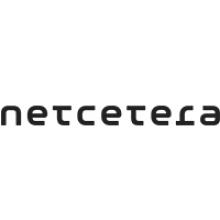Statistics for data analysis (4+1)
1. General Information
This program is designed to train staff with solid statistical knowledge with a focus on the newly recognized field of data science. The curriculum combines rigorous statistical theory with broader practical experience in applying statistical models to data work. Graduates will be in high demand. Most students are expected to be employed as statisticians, analysts and data experts within private and public institutions providing statistical consultations.
- Name of the proposer: University "Ss. Cyril and Methodius University in Skopje, Faculty of Information Sciences and Computer Engineering - FINKI
- Title of the study program: Second cycle academic studies in Statistics for Data Analysis
- Scientific-research area: technical-technological / natural mathematical
- Field: Informatics / Mathematics
- Areas: Mathematical Statistics and Operations Research, Data Processing, Applied Mathematics and Mathematical Modeling, Programming, Artificial Intelligence, Algorithms, Information Processing .
- The value of postgraduate studies is 60 ECTS credits.
- Duration of studies: 2 semesters .
- One academic year consists of two semesters lasting 30 weeks (1 semester = 15 weeks).
- Conditions for enrollment : according to the competition announced by the university, completed undergraduate studies in information science, computer or related fields with a minimum of 240 credits.
- First semester: 3 compulsory courses and 2 electives, one of which may be from the University list.
- Second semester : 1 compulsory and 1 elective course and completed project - master's thesis of 18 ECTS.
- 1 ECTS credit corresponds to 30 hours of total work engagement.
- The number of contact hours is 4.
- The academic title or degree obtained upon completion of the studies is Master of Information Science - Statistics in Data Analysis
Master of Science in Informatics - Statistics for Data Analytics
2. Studies
Table 2: List of Postgraduate Courses in Statistics for Data Analysis
| РБ | CODE / Subject | Semester | M / E | ECTS |
| 1 | SNP-Z-1 Data analysis with statistical packages | IX | M | 6 |
| 2 | SDP-Z-3 Bayesian data analysis | IX | M | 6 |
| 3 | SDP-Z-4 Data preparation and research | IX | M | 6 |
| 4 | Elective item from Table 4 | IX | E | 6 |
| 5 | Elective item from Table 4 | IX | E | 6 |
| 6 | SNP-Z-2 Regression Models | X | M | 6 |
| 7 | Elective item from Table 4 | X | E | 6 |
| 8 | Masterrska topic | X | M | 18 |
Table 3 shows the electives from the study program Statistics for Data Analysis. In addition to these courses, the student can choose from all elective courses, defined for all study programs, from the second cycle that are serviced by the faculty. It is allowed to choose one elective course from the university list of free elective courses.
Table 3: Optional list of offered items
| РБ | New code / Subject | Semester | ЕКТС | |
| 1 | Methods of statistical locking | IX | 6 | |
| 2 | Concepts and application of big data | IX | 6 | |
| 3 | Analysis and forecasting time series | IX | 6 | |
| 4 | Advanced Algorithms | IX | 6 | |
| 5 | Modeling and fusing |
IX | 6 | |
| 6 | Information Processing in Biological Systems | IX | 6 | |
| 7 | Analysis of data from related systems | IX | 6 | |
| 8 | Text Data Processing | IX | 6 | |
| 9 | Optimization methods | IX | 6 | |
| 10 | Data processing in bioinformatics | IX | 6 | |
| 11 | Network Analysis | IX | 6 | |
| 12 | Ambiental intelligence | IX | 6 | |
| 13 | Web of the Future | IX | 6 | |
| 14 | Statistical programming | X | 6 | |
| 15 | Statistical Learning | X | 6 | |
| 16 | Multidimensional statistical analysis | X | 6 | |
| 17 | Numerical methods for data science | X | 6 | |
| 18 | Statistical research skills: editing , reporting and visualization of data | X | 6 | |
| 19 | Business Analytics | X | 6 | |
| 20 | Random processes | X | 6 | |
| 21 | Big Data Modeling and Management | X | 6 | |
| 22 | Discovering knowledge in big graph data | X | 6 | |
| 23 | Open and related data | X | 6 | |
| 24 | Modern Simulations and Modeling | X | 6 | |
| 25 | Computational paradigms in the Internet of Things | X | 6 | |
| 26 | Data analysis from mobile sensors / sources | X | 6 | |
| 27 | Intelligent mobile applications | X | 6 | |
The student can choose a subject from the list of offered elective courses from all study programs of the second cycle of studies. The list of offered electives can be found on this link .









